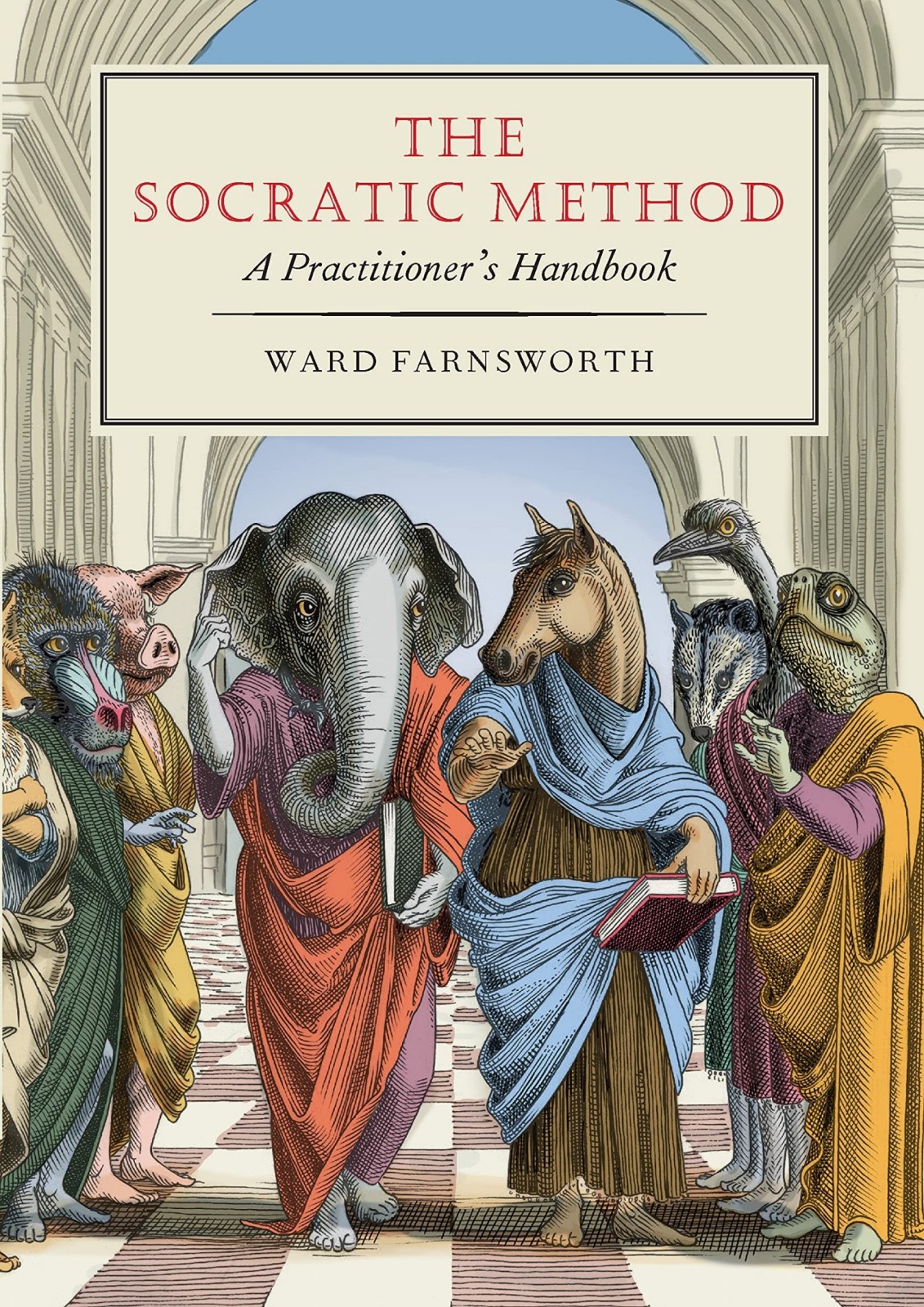The Socratic Method: A Practitioner's Handbook - Farnsworth, Ward

## Metadata
- Author: **Farnsworth, Ward**
- Full Title: The Socratic Method: A Practitioner's Handbook
- Category: #books
## Highlights
- The Socratic ethic can also help explain a certain kind of life story. Some people spend years struggling with hard questions and never quite find peace about them. They sometimes look with envy at others who seem to have found satisfactory answers early. Not having found answers of their own feels like unfinished work, a road half traveled, a test not completed. But the Socratic view is the other way around. Dissatisfaction with the answers you give yourself is a symptom of good health. Coming to rest means surrender to a kind of comfort that is always deceptive, no matter how tempting it looks or how deserved it feels. The Socratic way seeks a different kind of comfort—with uncertainty, with fallibility, and with beliefs that are never more than provisional. On this view the good life isn’t a result reached by winning the struggle. The struggle is the good life. ([View Highlight](https://read.readwise.io/read/01jv92j1bbjb1501a9720w2421))
- Self-examination. It is a commonplace that Socrates meant to teach us how to think. Yet some people still find it surprising to regard the Socratic method as an activity for one, and most definitions describe it as an activity for two. Socrates tells us, though, that the “philosophical life” consists of “examining myself and others.” ([View Highlight](https://read.readwise.io/read/01jv92kxyh6en6a9n6eqy1gvb2))
- Sometimes questions are easy and the demands they make are mild. But Socratic questions aren’t like that. They push. Asking and answering them is like operating a pump. They take work. They can reveal latent beliefs that are surprising to their holders. ([View Highlight](https://read.readwise.io/read/01jv9r5whtaqr5xd156pmhyx78))